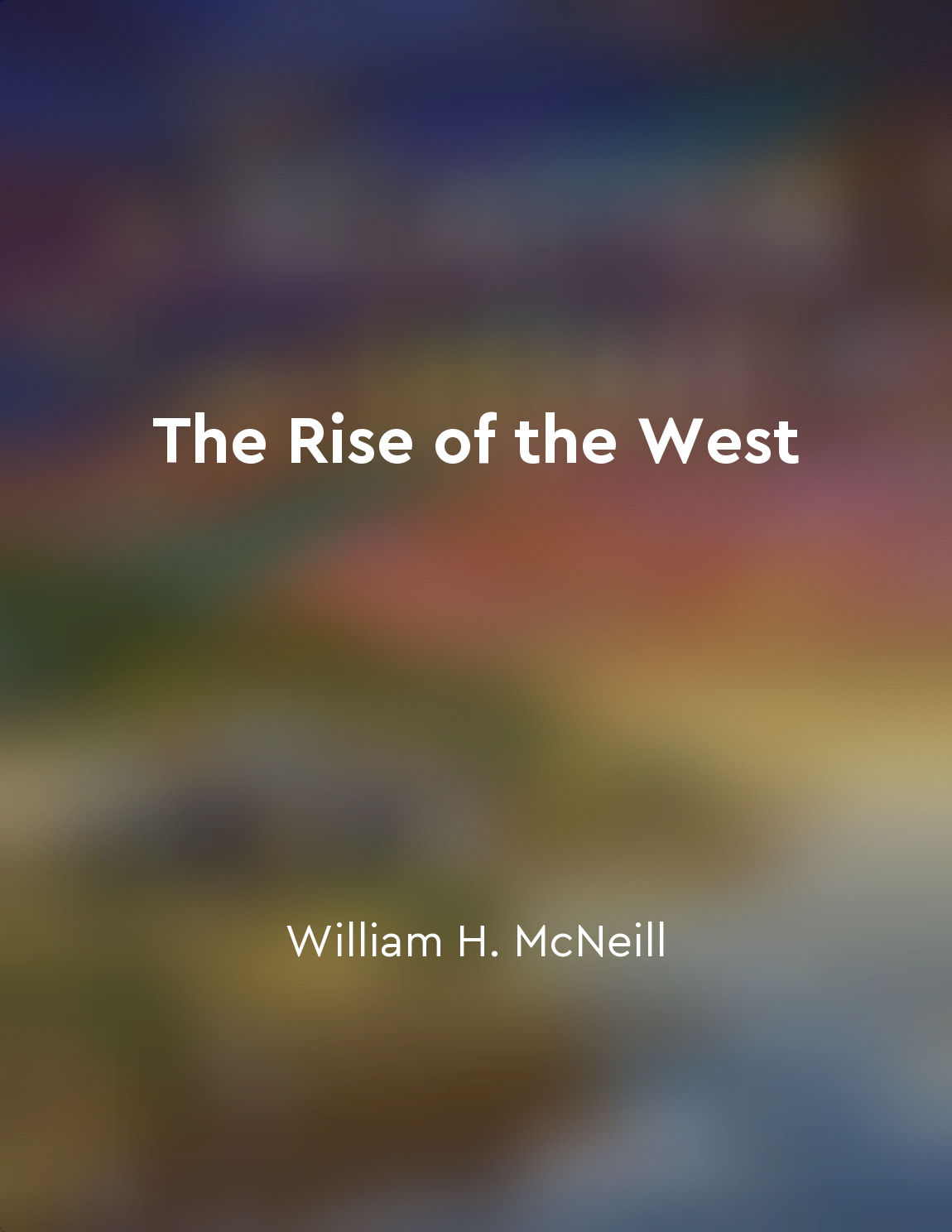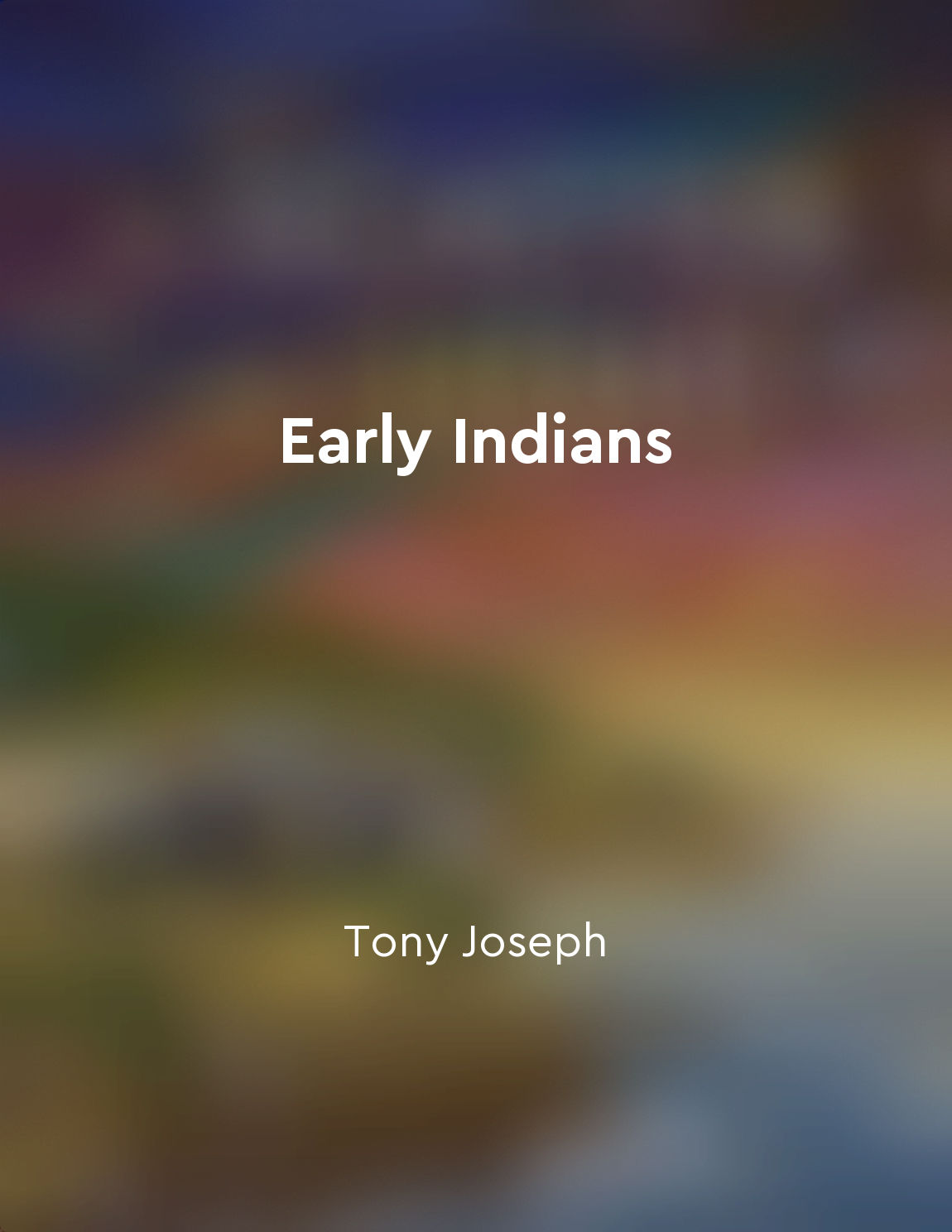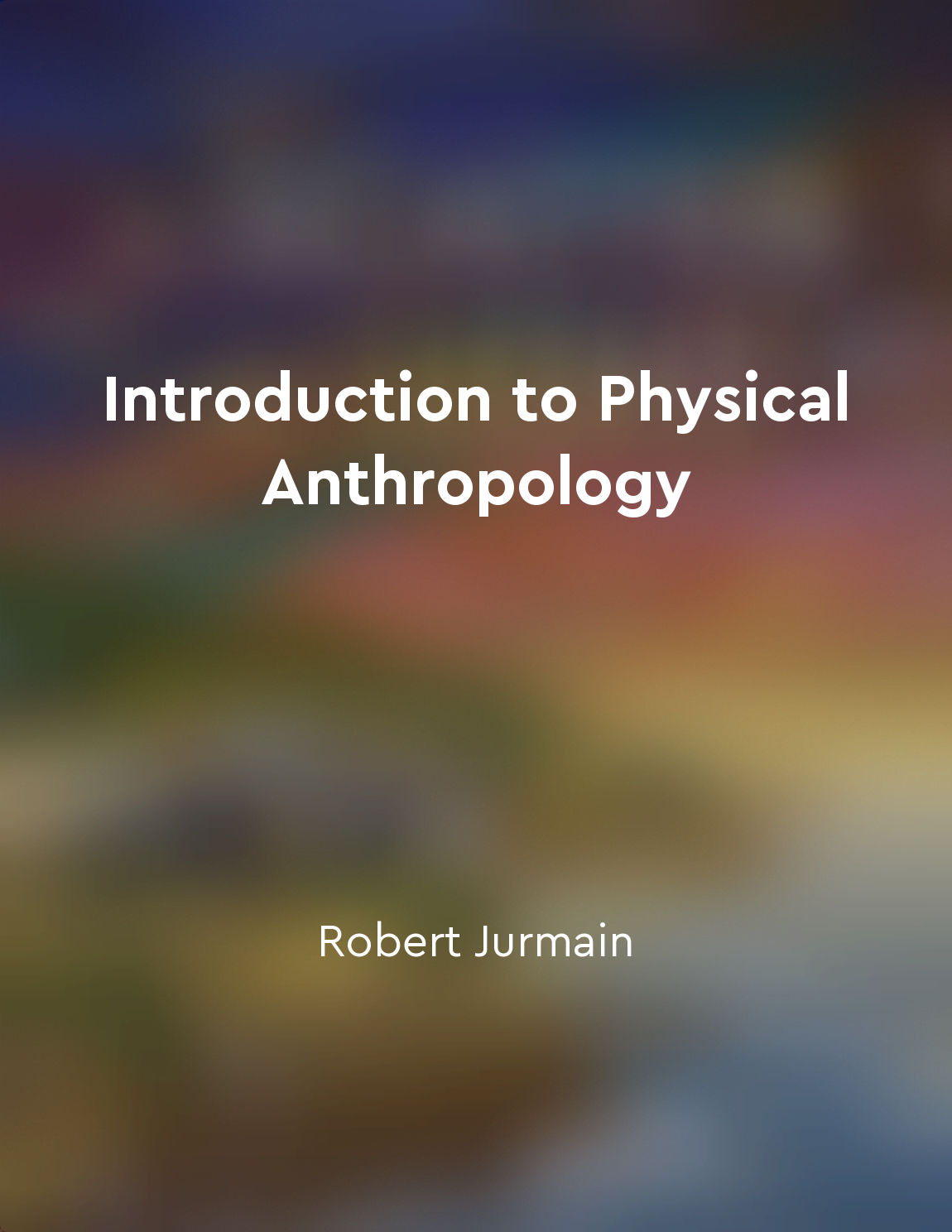Cultural evolution mirrors biological evolution from "summary" of The Evolution of Everything by Matt Ridley
The idea that cultural evolution mirrors biological evolution is a powerful one. Just as genes are subject to variation, selection, and retention, so too are ideas, customs, and technologies. Cultural evolution is a process of trial and error, with successful ideas spreading and persisting while unsuccessful ones fade away. In this way, cultural evolution is fundamentally Darwinian in nature. Just as biological evolution has led to the incredible diversity of life on Earth, cultural evolution has given rise to the vast array of human cultures, languages, and societies. And just as biological evolution is driven by competition for resources and reproductive success, so too is cultural evolution driven by competition for survival and dominance. Cultural evolution also exhibits the characteristics of cumulative change and increasing complexity. Just as new genetic mutations build on the existing genetic code, new ideas and technologies build on the existing cultural knowledge base. This process of cumulative cultural evolution has led to the rapid advancement of human civilization over the past few thousand years. Furthermore, cultural evolution is not a linear process, but rather a complex and unpredictable one. Just as biological evolution produces new species and adaptations in response to changing environments, cultural evolution produces new ideas and innovations in response to changing social, economic, and technological conditions.- The concept of cultural evolution mirroring biological evolution highlights the interconnectedness of all forms of life on Earth. Just as we are shaped by our genes and our environment, so too are we shaped by our culture and society. By understanding the parallels between biological and cultural evolution, we can gain a deeper insight into the forces that shape our world and ourselves.
Similar Posts
The quest for equality and human rights led to social and political movements
The struggle for equality and the recognition of human rights have been driving forces behind some of the most significant soci...
Characteristics of a good teacher
A good teacher possesses the quality of simplicity in their teaching approach. They have the ability to break down complex conc...
People's actions are influenced by their cultural beliefs
The way in which individuals behave in society is deeply intertwined with the cultural beliefs that they hold. These beliefs se...

The West's rise is characterized by cycles of growth and decline
The historical development of the Western world is marked by a series of ebbs and flows, with periods of growth and prosperity ...
Mutual benefit drives societal cooperation
Mutual benefit drives societal cooperation. People are more likely to work together when they can see how they will benefit fro...
Human societies constantly adapt to changing environments
Throughout history, human societies have been faced with the challenge of adapting to changing environments. From foraging soci...

Vedic culture emerged in the aftermath
The origins of the Vedic culture can be traced back to the aftermath of the decline of the Indus Valley civilization. As the ci...
Historical constraints shape the course of evolution
The course of evolution is not a straight path, but rather a winding journey shaped by historical constraints that influence th...
Conflict can arise when instincts clash with societal norms
In our daily lives, we often find ourselves faced with situations where our instincts clash with societal norms. These conflict...

Physical anthropology provides valuable insights into what it means to be human
Physical anthropology delves into the study of human biological evolution and variation across time and space. By examining the...


